- Metal detector
[Minebea Intec] Reliable Detection in Harsh Environments
Best Practice
Metal Detector (TCDRI)
Minebea Intec enables reliable metal detection
under harsh and changing conditions
In production environments, immunity to external interference is an important parameter for metal detection. However, extreme or changing weather conditions can make detection a real challenge.
Key facts
TCDRI helps its customers to build cement factories all over the world. The company relies on the Secus metal detector for their customers to prevent metallic foreign bodies from damaging the production equipment.
Application
The metal detector detects metal contaminants in raw materials for cement before these are ground for further processing. It thus protects the downstream equipment.
Project goal and implementation
The main raw materials for making cement are limestone, clay and marl. These materials are delivered to roller grinder mills or ball mills, to be ground into a fine powder for further process. Metals in these raw materials have to be removed before they reach the mills as they may cause the mill to be excessively worn out.
The Secus D metal detector is set up on the conveyor and detects all raw materials materials passing on the belt. The divisible coil can be installed around the conveyor belts without having to separate them, the removal of the metal detector is also possible without cutting the belt.
Cement factories are commonly located outdoors, and thus have to cope with harsh weather conditions. TCDRI builds cement factories in different countries, facing a variety of challenges. A cement factory pf TCDRI in Caucasus, Russia has to cope with ambient temperatures in winter from down -45 to 20° Celsius in the summer. The Secus metal detector can easily cope with different temperatures because of a learning function, which allows the system to adapt to changing ambient conditions by compensating for the product effect.
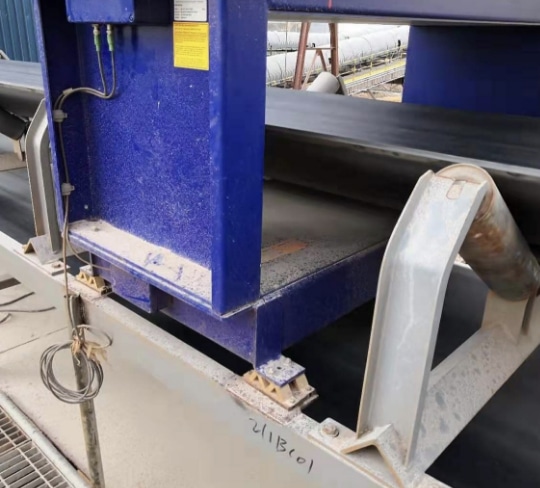
The varied water content in different raw material batches does therefore not interfere the detection either. Even under low temperatures, strong winds, or nearby vibration, Secus detects metals reliably and avoids false alarms. The reliance in Secus pays off on multiple levels for TCDRI:
Since the company equips most of their customers cement plants with Secus, it has received high praise for the product. According to TCDRI’s statistics, after implementing the Secus metal detector, the life of downstream grinders have increased by over 110%. It thus prolongs the product life-cycle and minimises unnecessary process shutdowns due to machine defects or false alarms. The direct and indirect costs from customers have significantly decreased, since the inspection.
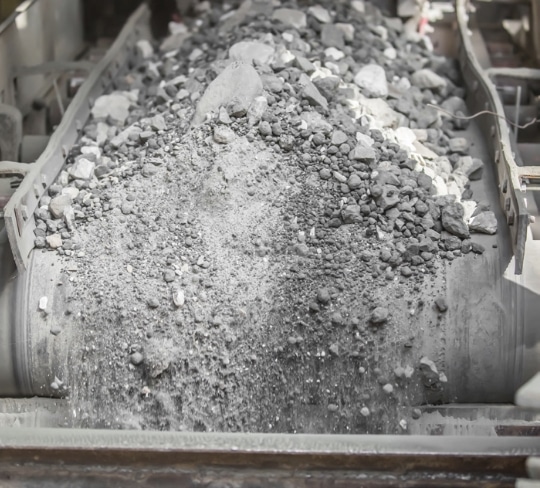
The customer
Tianjin Cement Industry Design & Research Institute Co., Ltd. (TCDRI) was established in 1953 and is one of the earliest large scale industrial design institutes in China. By now, TCDRI has developed into one powerful international engineering company. As such, it builds up the cement factory for its customers all over the world. Its main customers include companies such as Eurocement, HeidelbergCement and PPC Ltd.
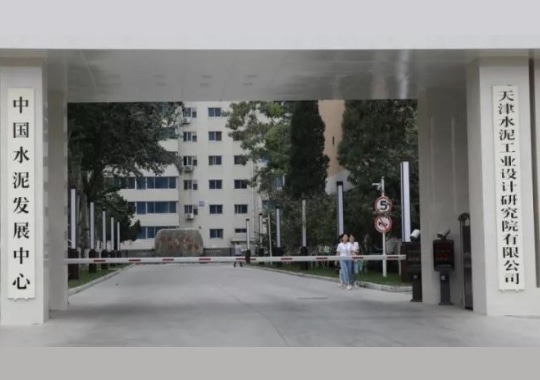
Support / Contact
For product-related inquiries, please contact us using the form below.
Products
Metal Detector
Engineering Information
Technical information by product [Sensing Devices]
Case Studies [Minebea Intec]
Contact Us
Please click the inquiry type below according to your question. Each product / sales representative will respond to you.
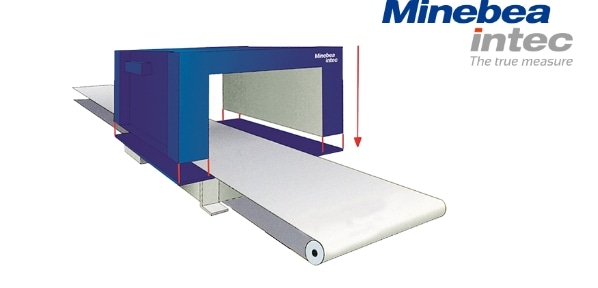
![[Renowned manufacturer] Mitus® Metal Detector for Salad Dressings](/resource/images/sensing_devices/case-intec-metaldetectors-mitus_thumb.jpg)
![[A major automotive parts manufacturer] Latest generation of metal detection coils impresses leading automotive supplier](/resource/images/sensing_devices/case-intec-vistus-rs100-thumbnail-300x300.jpg)
![[Pacific Nut Company] Vistus brings better sensitivity and space-saving metal detection solution for dried and fresh fruits](/resource/images/sensing_devices/case-intec-vistus-thumbnail.jpg)
![[German paint manufacturer] High-Precision Weighing for Paint and Primer Manufacture](/resource/images/sensing_devices/case-intec-checkweighers-is_thumb.jpg)
![[pharmaceutical company in the SE Europe] Mobile Weighing for Pharma](/resource/images/sensing_devices/case-intec-digitacscale_combics3_thumb.jpg)
![[Pharmatec GmbH] High-Precision & Hygienic Weighing Solutions for Pharma Novego](/resource/images/sensing_devices/case-intec-loadcell-novego_thumb.jpg)
![[Boehringer Ingelheim RCV] Contego® Mobile Weighing for Cleanrooms](/resource/images/sensing_devices/case-intec-loadcell-contego_thumb.jpg)
![[Ramsauer GmbH & Co KG] From Material Handling to Pre-Packaging Checks](/resource/images/sensing_devices/case-intec-digitacscale_sealant_thumb.jpg)
![[Dongyue group] Building Trust with Corrosion-Resistant Load Cells](/resource/images/sensing_devices/case-intec-loadcell-corrosion_thumb.jpg)
![[Stevin Rock] High-Speed X-ray Inspection System Addresses Foreign Object Contamination](/resource/images/sensing_devices/case-intec-truckscale_thumb.jpg)
![[BYD] High-Precision Weighing for Lithium Batteries](/resource/images/sensing_devices/case-intec-loadcell-lithium_thumb.jpg)
![[CanSino Biologics Inc] Supports COVID-19 Vaccine Manufacturing](/resource/images/sensing_devices/case-intec-loadcell-cansino_thumb.jpg)
![[Anona] High-Speed X-ray Inspection System Addresses Foreign Object Contamination](/resource/images/sensing_devices/case-intec-x-ray-inspection-anona_thumb.jpg)
![[Sulá GmbHh] Statistical Process Control Software Adoption](/resource/images/sensing_devices/case-intec-checkweighers-sula_thumb.jpg)
![[Valle Spluga SpA] The best sorting machine for precisely selecting poultry](/resource/images/sensing_devices/case-intec-ewk3010-thumbnail-300x300.jpg)

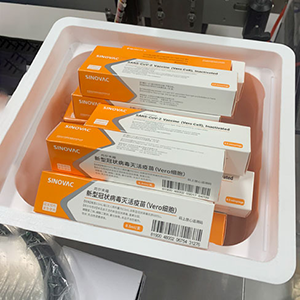
The Secus metal detector not only protects equipment and decreases our maintenance cost: Thanks to the reliable detection and elimination of unnecessary downtimes, it also increases our efficiency.
Zhaoning Luo,
Project manager TCDRI